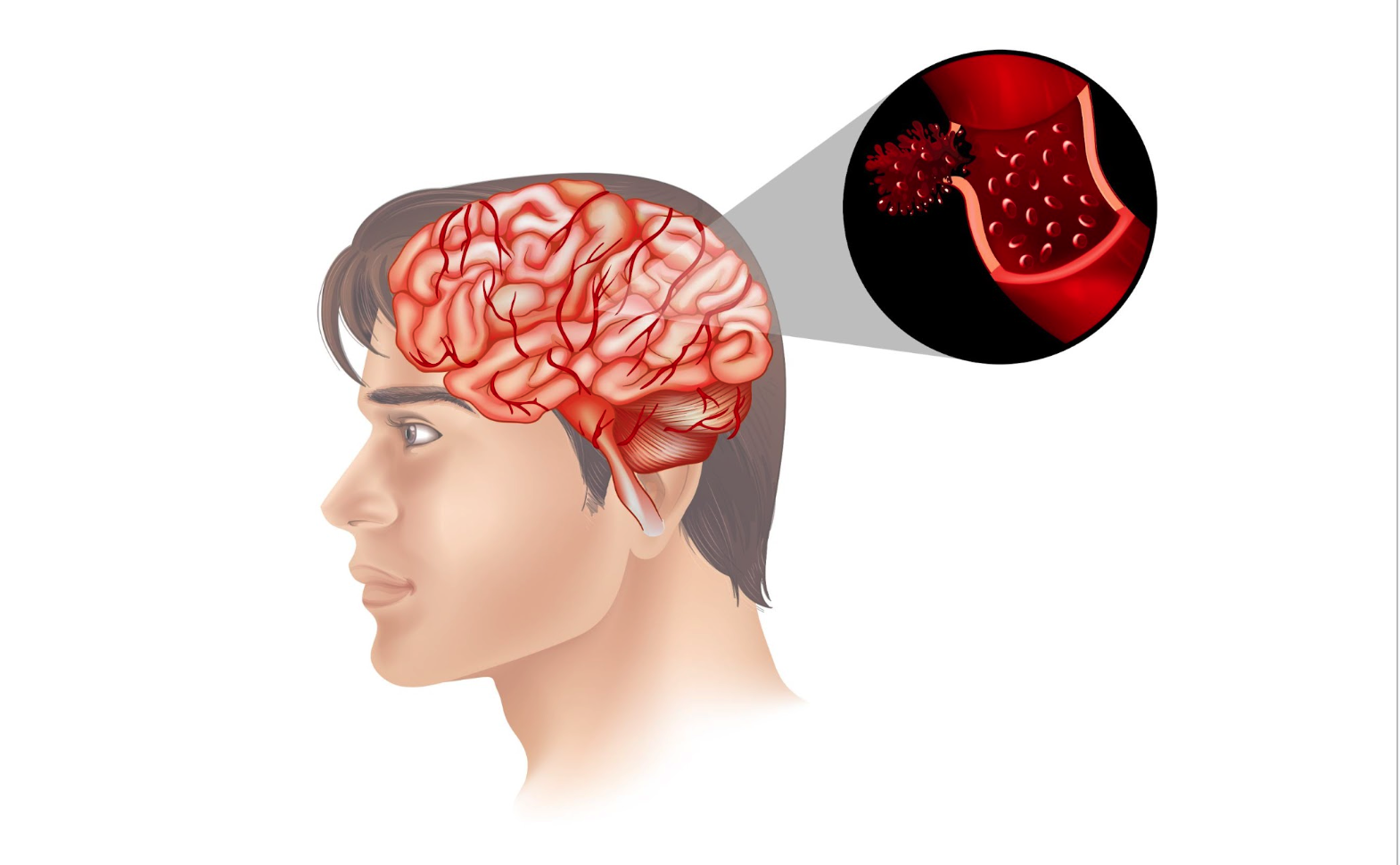Hydrocephalus is a serious neurological condition where an abnormal buildup of cerebrospinal fluid (CSF) occurs in the brain’s ventricles. This fluid buildup causes increased pressure in the skull, which can damage brain tissues and affect normal brain function. Early diagnosis and proper Hydrocephalus treatment are crucial to managing the condition and preventing long-term complications.
Understanding the different types of Hydrocephalus, the warning signs, and the underlying Hydrocephalus causes can help individuals seek timely medical attention.

Hydrocephalus is a condition that results from an imbalance between the production and absorption of cerebrospinal fluid in the brain. CSF plays a vital role in cushioning the brain, removing waste, and distributing nutrients. When the flow of this fluid is blocked or impaired, it can accumulate and lead to swelling and pressure in the brain.
Although hydrocephalus can occur at any age, it is most common in infants and older adults. It can develop before birth (congenital) or later in life (acquired). With prompt medical intervention, individuals can manage symptoms and maintain quality of life.
There are several types of Hydrocephalus, each with different causes and patterns of progression.
This form is present at birth and is often caused by genetic factors or developmental disorders such as spina bifida or aqueductal stenosis. It can result in a visibly enlarged head in infants and requires early treatment.
This type develops after birth and may be due to injury, infection (such as meningitis), brain tumor, stroke, or bleeding in the brain.
Here, the CSF can still flow between ventricles but is not properly absorbed into the bloodstream. This may be caused by infections, trauma, or surgery.
In this form, the flow of CSF is blocked along one or more of the narrow pathways connecting the brain’s ventricles. Tumors or congenital abnormalities often cause this condition.
Normal Pressure Hydrocephalus occurs primarily in older adults. Despite normal CSF pressure readings, individuals experience symptoms like walking difficulties, urinary incontinence, and cognitive decline. NPH is often misdiagnosed as Alzheimer’s or Parkinson’s disease, making specialist evaluation critical.
Recognizing the signs and symptoms of Hydrocephalus is essential for early diagnosis and treatment. Symptoms vary depending on age, type of hydrocephalus, and the rate of CSF buildup.
If you or your loved one is experiencing any of these symptoms, consult the best neurologist in Bangalore at SPARSH for a comprehensive evaluation.
There are several underlying Hydrocephalus causes, ranging from congenital abnormalities to brain injuries.
Developmental disorders like spina bifida or aqueductal stenosis can interfere with CSF circulation before birth.
Infections such as meningitis or encephalitis can cause inflammation that disrupts CSF flow.
Bleeding in the brain, often due to trauma or stroke, can block CSF pathways and lead to fluid buildup.
Growths inside the brain can obstruct CSF drainage or alter its production.
Accidents or falls that impact the head can result in acquired Hydrocephalus, especially in children and adults.
In older adults, Normal Pressure Hydrocephalus may develop due to gradual deterioration of brain function, though the exact cause often remains unclear.
Early diagnosis and prompt Hydrocephalus treatment can help prevent or minimize brain damage. Treatment typically involves surgical intervention.
This is the most common treatment. A flexible tube (shunt) is inserted into the brain’s ventricle to drain excess fluid into the abdominal cavity, where it can be absorbed. The shunt has a valve to regulate the flow and prevent over-drainage.
An alternative to shunting, ETV involves making a small hole in the floor of the third ventricle to allow CSF to bypass the blockage and flow toward areas of absorption.
In cases of infection, tumors, or hemorrhage, treating the underlying condition is essential to prevent further fluid buildup.
At SPARSH, the best neurosurgery hospital in Bangalore, a multidisciplinary team evaluates each case to determine the most appropriate course of action for adults and children alike.
While Hydrocephalus is a lifelong condition, many individuals live full, productive lives with proper treatment and ongoing care. Regular check-ups, monitoring of shunt function, and addressing developmental or cognitive challenges through therapy can help improve quality of life.
Patients and families should be educated on signs of shunt malfunction (such as headaches, nausea, or confusion) and seek medical attention immediately if symptoms occur.
If your child has an unusually large head, developmental delays, or symptoms like vomiting and seizures, or if an adult experiences sudden memory issues or mobility problems, don’t delay.
For accurate diagnosis, advanced imaging, and compassionate care, visit SPARSH—the best neurosurgery hospital in Bangalore. Our team, led by the best neurologist in Bangalore, provides cutting-edge treatment for all types of Hydrocephalus, from infants to the elderly.
Hydrocephalus is a serious neurological condition that, if left untreated, can lead to permanent brain damage. By recognizing the signs and symptoms of Hydrocephalus, understanding the Hydrocephalus causes, and pursuing timely Hydrocephalus treatment, patients can enjoy improved outcomes and better long-term health.
SPARSH Hospitals offers advanced care for children, adults, and seniors with Hydrocephalus. With the expertise of the best neurologist in Bangalore, we are committed to helping you or your loved one live a healthier, safer life.
Hydrocephalus is a condition where excess cerebrospinal fluid accumulates in the brain, leading to increased pressure and potential brain damage.
Hydrocephalus causes include birth defects, brain infections, head injuries, tumors, and hemorrhage.
Adults may experience headaches, walking difficulties, memory issues, and urinary problems. In older adults, Normal Pressure Hydrocephalus can mimic dementia.
Hydrocephalus treatment typically involves the surgical placement of a shunt or performing an endoscopic third ventriculostomy (ETV) to drain excess fluid.
SPARSH is the best neurosurgery hospital in Bangalore, offering comprehensive care led by the best neurologist in Bangalore for all types of Hydrocephalus.
3 Mins Read
Categories: Neurology
Hydrocephalus – Symptoms and Causes is available for appointments. Please fill the below form to book an appointment.
Unlock the door to exceptional healthcare, book an appointment with SPARSH Hospital and let your journey to wellness begin.